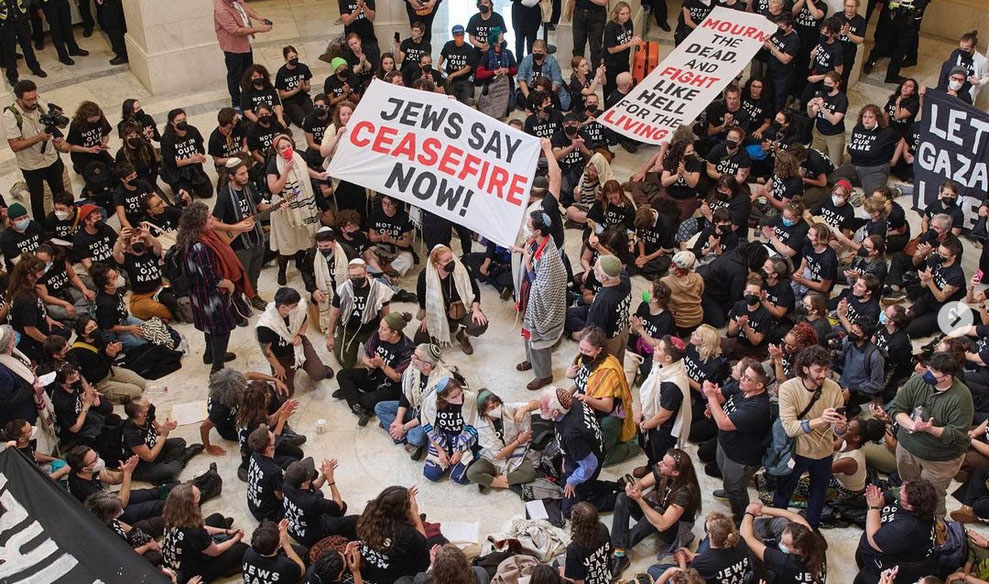
Why we shouldn't use the slogan "from the river to the sea"
Update November 21, 2023: Based on some conversations I've had, I want to make clear that I'm not at all advocating for ceding "from the river to the sea" to be an antisemitic phrase. It's not. Almost all of the complaints about protesters, politicians, or journalists saying "from the river to the sea" being antisemitic are made in bad faith, and those people should be called out for it. My argument is that, since the slogan has an ambiguous meaning, strategically it's much better for the public debate to be focused on the unfolding genocide in Gaza instead of on whether or not so-and-so is antisemitic because they said "from the river to the sea."
In the 1970s, some wingnuts founded a UFO cult called Raëlism. It's an atheistic religion that believes that aliens called the Elohim created humanity on Earth using advanced technology. Raëlism was started in France but has since became an international cult. They proposed building an embassy for the Elohim, complete with a spaceship landing pad, in Israel. However, the Israeli government wasn't too keen on the idea because the Raëlism symbol includes a swastika in it -- a hate symbol mostly widely associated with Nazi Germany, though the symbol first originated in ancient religions like Hinduism in India.
Instead, the Raëlism cult got some land on Hawaii's Big Island to build their embassy, which is called the UFO Peace Park. The land is full of statues which represent Raëlism beliefs, and also the Raëlism symbol, which is a Star of David mixed with a swastika. Here's a photo from the UFO Peace Park of a woman, with the Raëlism symbol, doing a salute that looks suspiciously like a fascist salute.
 Photo credit: Michael Radloff
Photo credit: Michael Radloff
In all likelihood, the Raëlists don't use the swastika in their symbol as a coded nod to Hitler. According to the Wikipedia article (which cites books that I don't easily have access to), this symbol was used by the (obviously invented) Elohim aliens:
The symbol initially used to signify Raëlism was a six-pointed star with a swastika in the centre. Raël stated that this was the symbol he originally saw on the hull of the Elohim's spaceship. Raëlians regard this as a symbol of infinity. Practitioners also believe that this symbol helps facilitate their own telepathic contact with the Elohim. Raëlists typically wear a medallion of the symbol around their neck.
Still, I don't at all blame Israel for not wanting anything to do with swastikas.
I'm sure there are people that misguidedly use the swastika with the intent of invoking other meanings like "infinity," "conductive to well-being," or "prosperity and luck." But the meaning that's front-and-center in most people's minds is the Nazi Party, the Holocaust, the systematic murder of six million Jews, and today's neo-Nazis who still use it.
The swastika has multiple meanings: the symbol's meaning is ambiguous. But one of those meanings, and by far the most prominent, is fascism and genocide. If you're using a swastika and intend to actually have it mean something else, people won't understand and will think you're a Nazi.
And for good reason. I'm skeptical as hell of the motivations behind anyone who tries to use the swastika.
If you want a symbol that means infinity, use "♾️" or really anything else that isn't literally synonymous with Nazism. If you use the swastika, people will definitely misinterpret your meaning, will be skeptical of your insistence that you're not a Nazi, and at the very least will question your judgement for choosing to use an ambiguous symbol where one if it's meanings is fascism and genocide.
Some people want to "reclaim" the swastika from the Nazis. But why? What's the point? And in any case, it's not going to work. People will always associate it with Nazism so anyone trying to reclaim it will be associated with Nazism too.
This brings to me to the popular slogan in the Palestinian liberation movement, "from the river to the sea." Like the swastika, this slogan also has an ambiguous meaning -- though, in my opinion, it's not nearly as stark. "From the river to the sea" refers to the area of land west of the Jordan River and east of the Mediterranean Sea, which makes up the boundaries of Israel and the occupied Palestinian territories, the West Bank and the Gaza Strip.
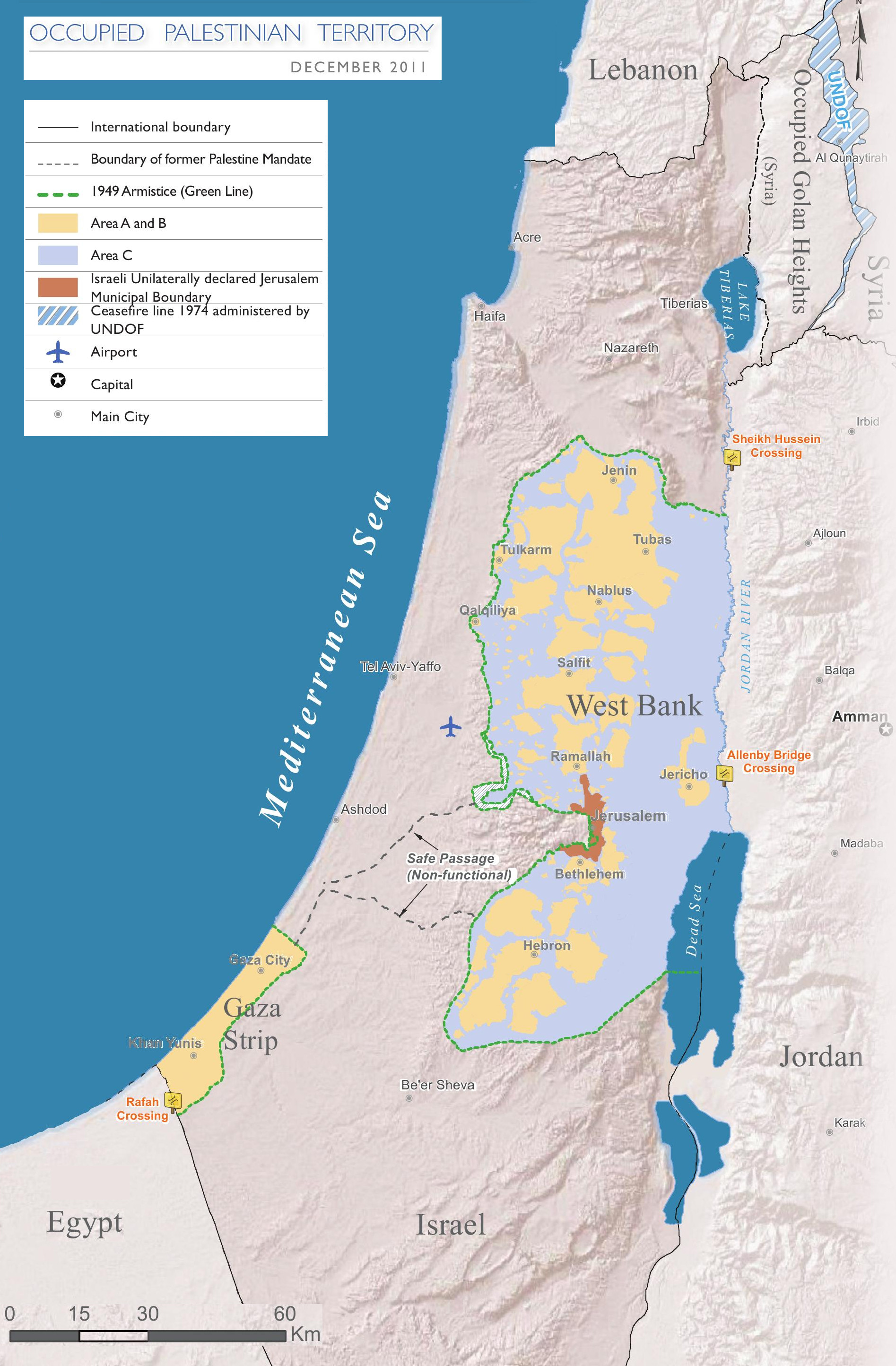
The slogan has been used in the Palestinian liberation movement since the 1960s. It has multiple meanings:
- The slogan is used by human rights activists that want everyone in Israel/Palestine (Jews, Arabs, and everyone else) to have equal human rights, normally under a single secular democracy. This, I believe, is by far the most common use of the slogan.
- It's used by Islamic extremists, like Hamas and Palestinian Islamic Jihad, who explicitly advocate for genocide against Jews, and for a religious fundamentalist government. The slogan has been officially adopted by Hamas, which has promised to wipe out Israel, and has stated, "Palestine is ours from the river to the sea and from the south to the north. There will be no concession on any inch of the land."
- It's lesser known, but it has also been used by Jewish extremists. Benjamin Netanyahu's right-wing extremist political party, Likud, used the slogan "between the Sea and the Jordan there will only be Israeli sovereignty" as part of its 1977 platform. Netanyahu's government is currently engaged in a genocide against Palestinians in Gaza.
Most people who chant things like, "From the river to the sea, Palestine will be free," aren't advocating genocide against Jews and the destruction of the state of Israel. They're advocating for Palestinian freedom from the very real and brutal Israeli oppression they face, and for their human rights.
But some people are advocating for genocide against Jews and the destruction of Israel.
The fact that "from the river to the sea" is an official Hamas slogan makes it difficult to determine which side you're on: support for human rights, or support for genocide. This is because it's an ambiguous slogan. This ambiguity makes it easy for right wingers to claim that support for Palestinian human rights is actually coded support for genocide against Jews.
In other words, if you use the slogan, people will definitely misinterpret your meaning, no matter your intent. Often this will be in bad faith: they will accuse you of antisemitism and advocating genocide against Jews even if you're clearly not doing that. But it will also happen in good faith: it's a Hamas slogan, after all, and is frequently used by genocidal antisemitic people.
Arguing over the term "from the river to the sea" is a waste of time. Like or it not, the connotation of this phrase is ambiguous. To some people it means human rights for Palestinians, and to others it means genocide against Jews. If we want to communicate clearly, and build a mass movement against genocide, then what's the point of reclaiming a phrase that, for a large number of people, has genocidal connotations?
Instead, we should be clear and unambiguous with our language. "Never again" -- a slogan about the Holocaust -- means never again for anyone. Hamas shouldn't slaughter innocent Jews at a music festival, and Israel Defense Forces shouldn't indiscriminately drop bombs on hospitals and refugee camps and shouldn't be murdering thousands of innocent children. Let's use language that clearly opposes genocide and fascism, and supports human rights.
If a symbol (like the swastika) or a slogan (like "from the river to the sea") gets co-opted by genocidal fascists, it's better to no longer use them in passing, at least without providing additional context. There's a time and place for reclaiming phrases and symbols. But in the last month, Israeli forces have killed roughly 10,000 people in Gaza, including 4,800 children who are by definition innocent, and are displacing millions more.
There's plenty of language we can use (against genocide, against religious extremism, for human rights and secular democracy, for ceasefire) that doesn't have genocidal connotations.
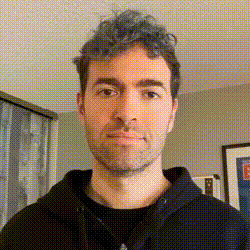
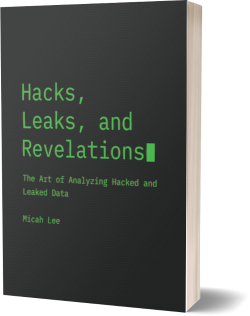
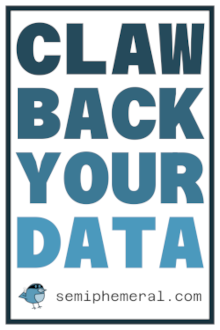

 Subscribe to feed
Subscribe to feed